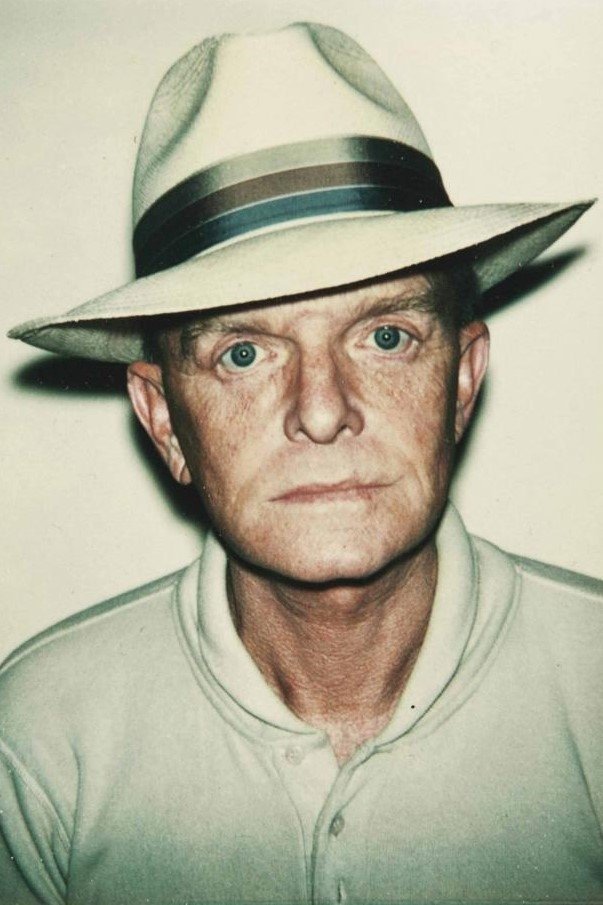

Truman Capote was an American author, many of whose short stories, novels, plays, and nonfiction are recognized literary classics. At least 20 films and television dramas have been produced from Capote novels, stories and screenplays. Capote rose above a childhood troubled by divorce, a long absence from his mother and multiple migrations. He discovered his calling by the age of 11, and for the rest of his childhood he honed his writing ability. Capote began his professional career writing short stories. Capote earned the most fame with In Cold Blood (1966), a book Capote spent four years writing. A milestone in popular culture, it was the peak of his career, although it was not his final book. In the 1970s, he maintained his celebrity status by appearing on television talk shows.
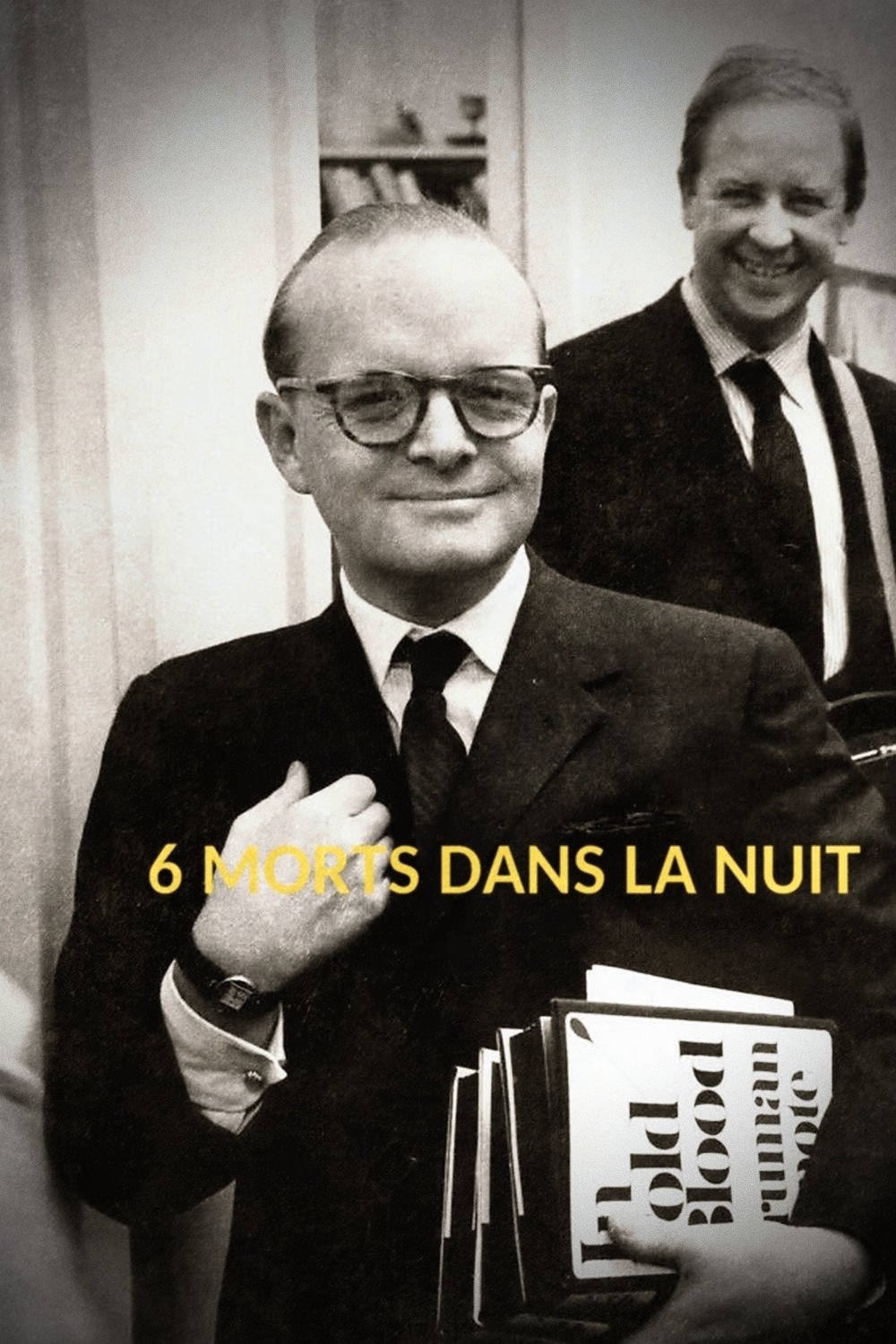
To write In Cold Blood (1966), a nonfiction novel that...
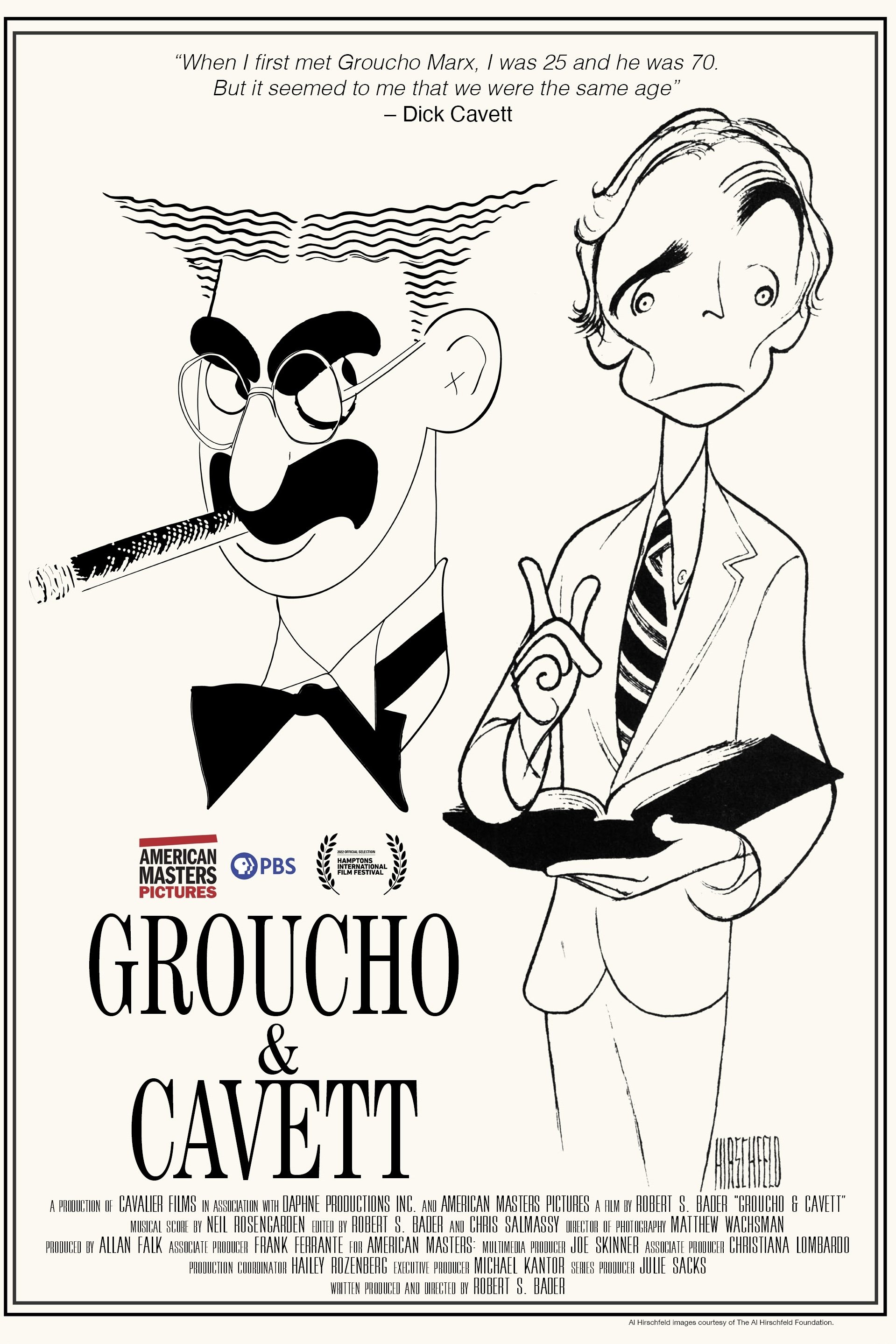
Discover the enduring friendship between television personality Dick Cavett and...
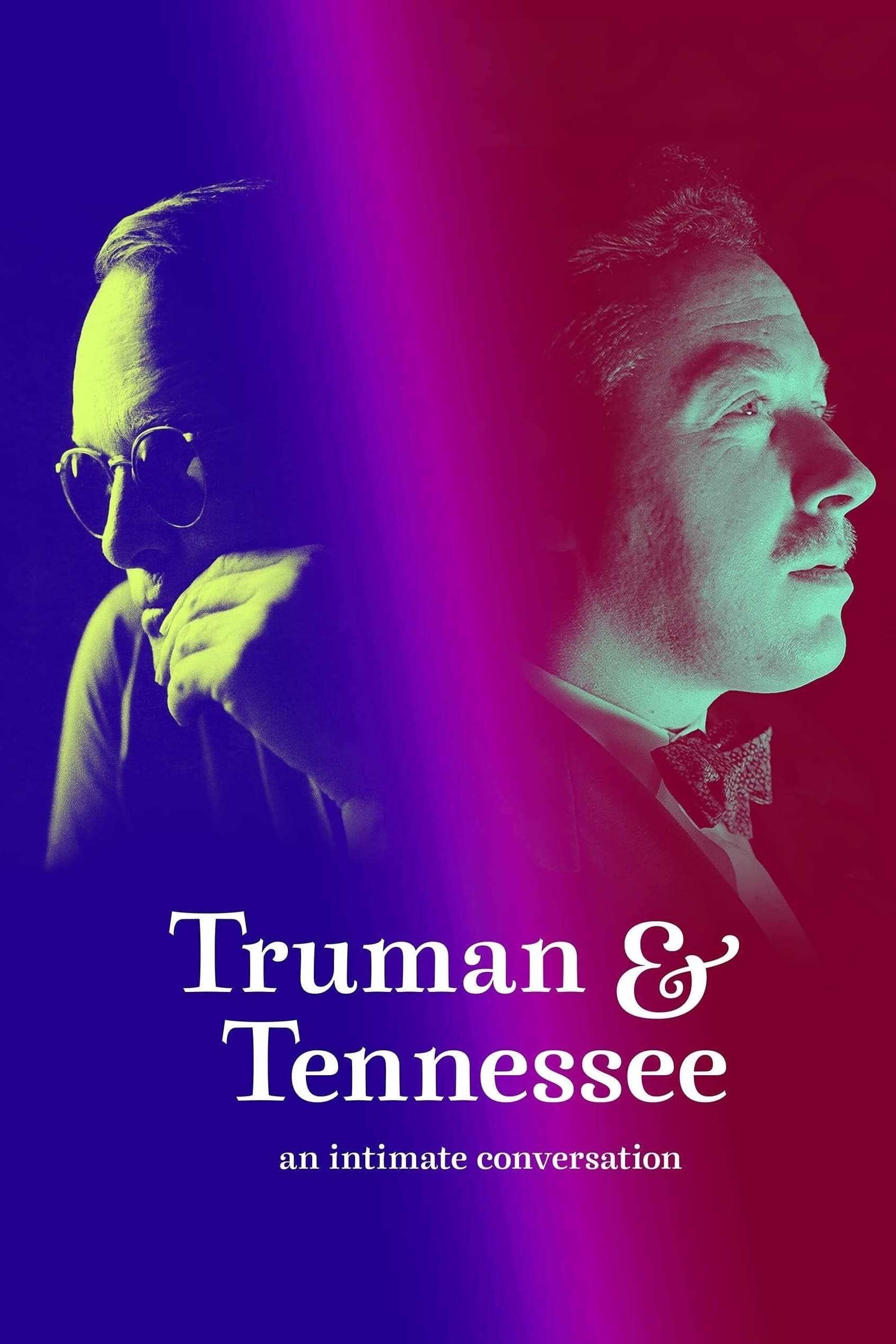
The parallel lives of writer Truman Capote (1924-84) and playwright...
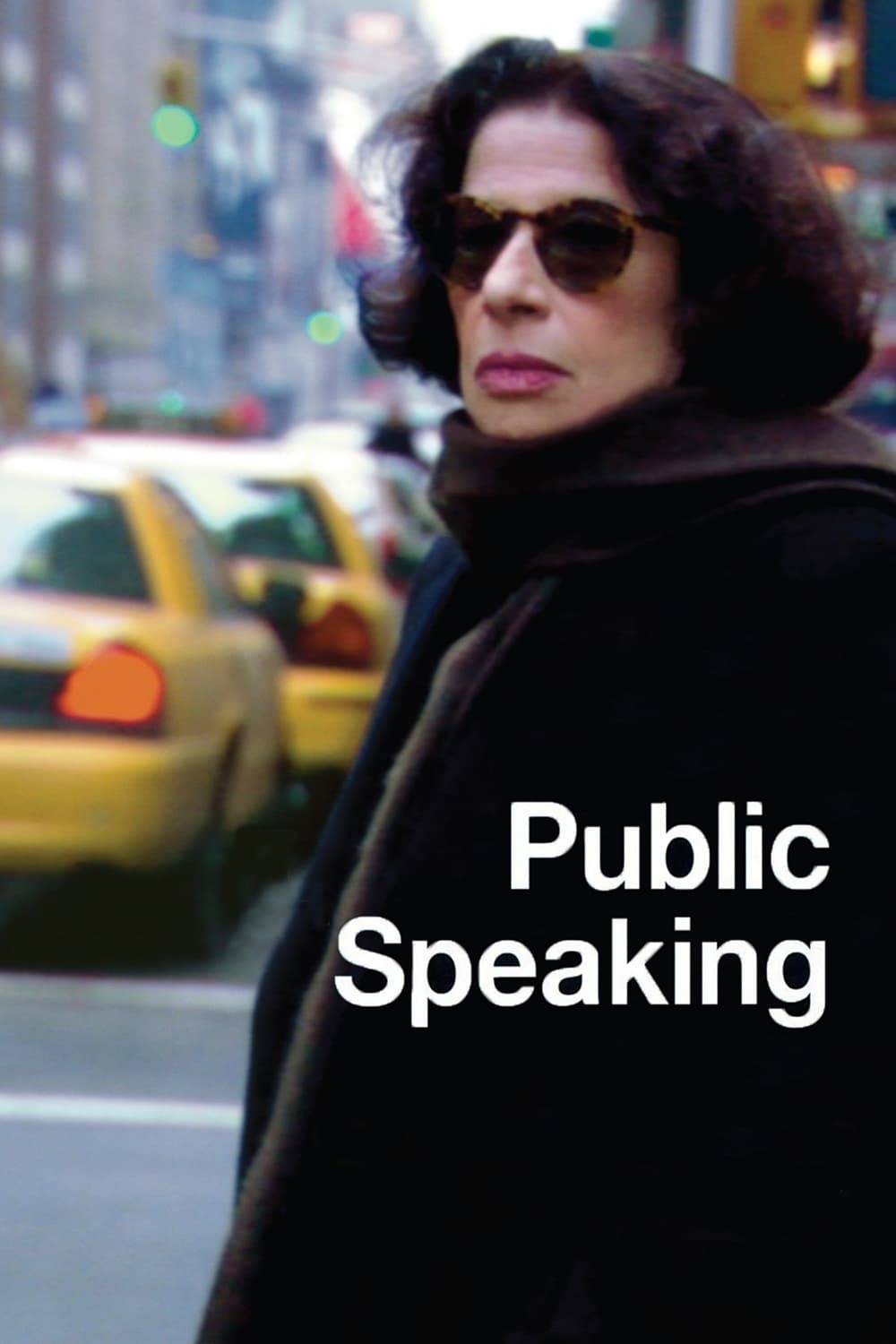
A feature-length documentary starring Fran Lebowitz, a writer known for...